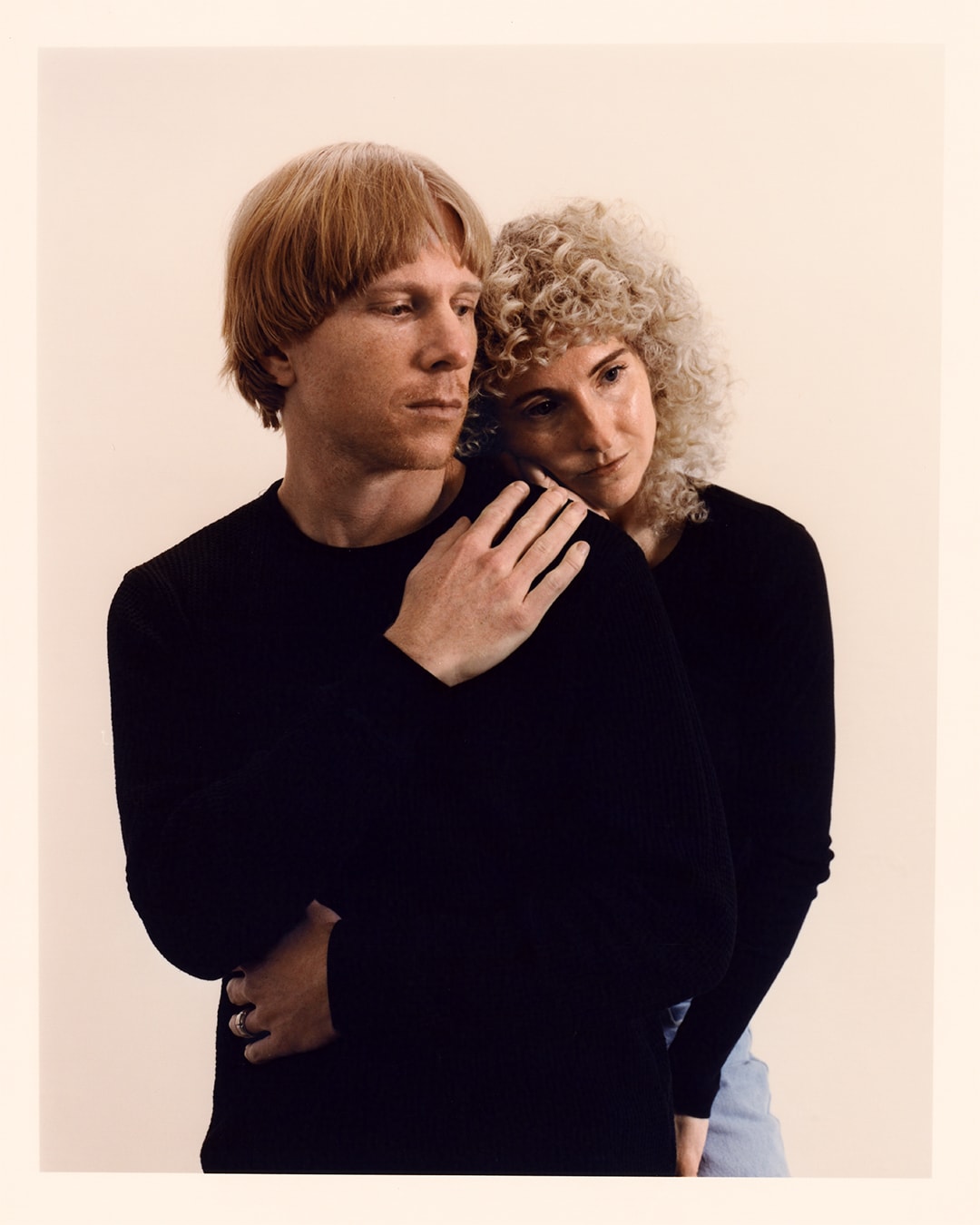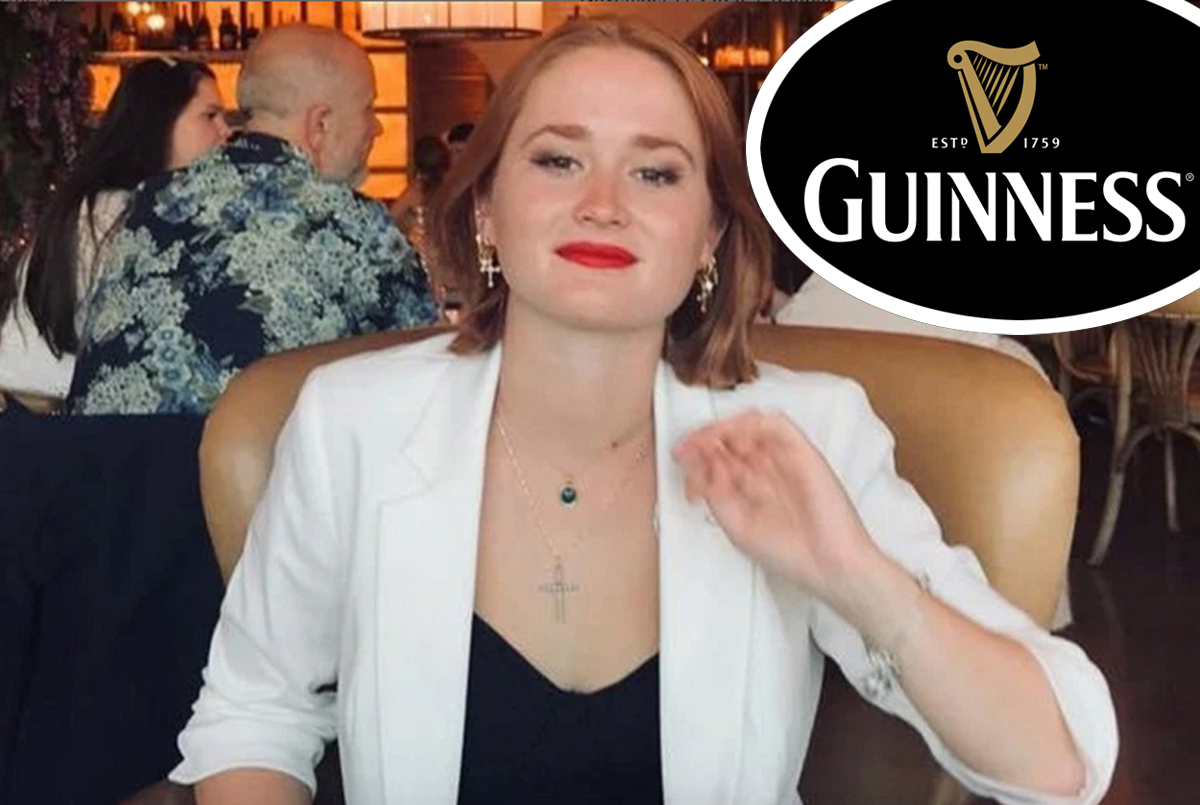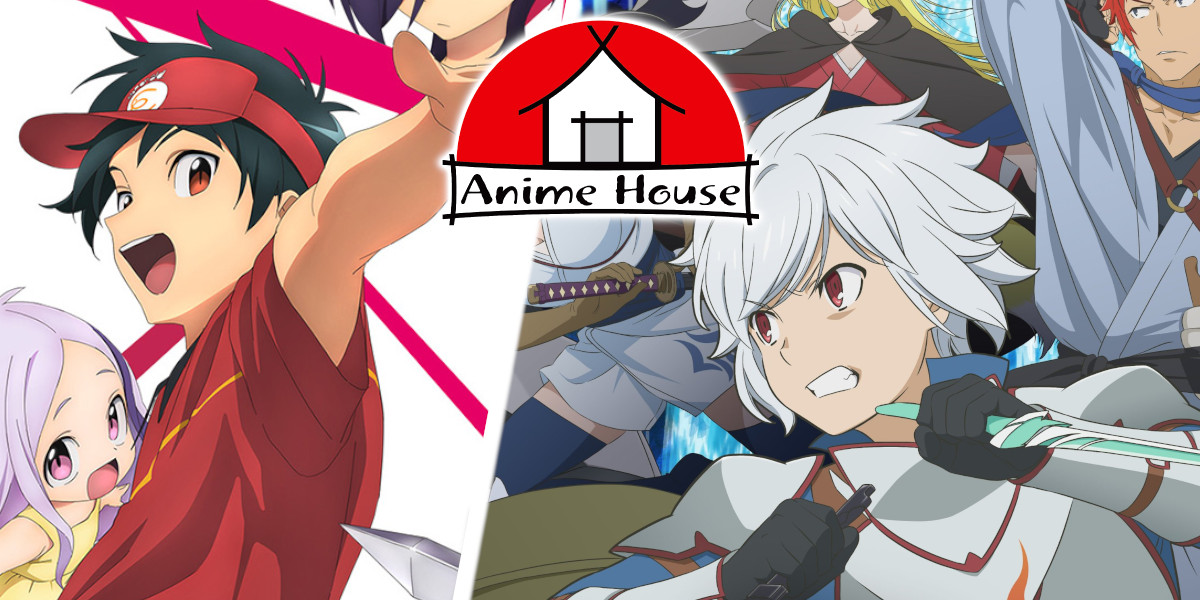Tennis on final album Face Down In The Garden and their 15-year run

Table of Contents
“We felt like we had pushed it as far as we could go as far as innovation, newness, before we were writing albums that couldn’t even be a Tennis album anymore.”

Courtesy of Tennis
Perhaps one of the hardest parts of being in a band is knowing when to call it quits. For the unluckiest bands, that end comes as a surprise or dragged on for years and years. Tennis, the beloved retro-pop duo behind genre-shifting albums like 2020’s Swimmer, knew they wanted to make their exit with a level of grace and intention. “We just wanted to bow out while it felt strong and good and fulfilled,” frontwoman Alaina Moore tells The FADER.
Following the release of their forthcoming album, Face Down In The Garden, out April 25, the husband-and-wife duo of Moore and Patrick Riley will be sunsetting their project of 15 years. A farewell tour is booked for the summer of 2025 while a bonus release of unheard demos, Neutral Poetry: First Recordings, Unreleased Demos 2009-2010, is planned for May 2025. It’s the efforts of a band that arrived at their conclusion naturally. “After finishing Face Down In The Garden, it became clear that we had said everything we wanted to say,” they explained to their fans in a note on social media. “We are ready to pursue other creative projects, and to make space in our life for new things.”
As a last hurrah, Face Down In The Garden earns the distinction: a classically Tennis record filled with grand, misty-eyed gestures like “Weight of Desire” and “At The Wedding,” it’s the lush capstone to the sound they’ve mastered. Ahead of their final album — Moore caught up with FADER to take us through their decision to end Tennis, the album’s emotional recording process, and growing as a songwriter.

Courtesy of Tennis
The FADER: You guys announced the hiatus last week and the album is coming out Friday. Was it intentional to keep it very quick?
Alaina Moore: We did have a bit of a debate as to whether or not we should announce that it’s our last album. Our main hesitation was that we really didn’t want there to be this messaging of, “Tennis breaks up,” because we are married and Tennis and we are, for better or worse, completely intertwined. We didn’t want to be dealing with that messaging. We’re going on an indefinite hiatus. We’re moving on, but we’re not getting a divorce or anything.
We held off a little bit on saying that this is our last album, but we had a lot of conversations just between Patrick and myself, and then with our team, and we decided that if I was a fan of Tennis, I would want to know that this is their last album and my last chance to see them. So we decided to go ahead and say it.
It seems like you didn’t want to make it into a very long and drawn out process.
No one has the attention span and you know, for whoever it’s gonna mean something to it will mean something to, we’re not really trying to make some huge dramatic event out of it. It is a huge life choice for us and it almost feels sacred. Throughout my adult life, I’ve had a big milestone in conjunction with something with the band. I turned 30 when we were on tour for our third record, and now I’ll turn 40 while we’re on tour for our final record. The first album we put out was within the year of being married. Turning 40 feels really different. It’s not like I feel old or anything, but I feel like my interests and even my skills are just pulling me in new directions.
“It is a huge life choice for us and it almost feels sacred.”
Did you feel like you were no longer growing with the Tennis project?
There were a few things. One thing was, every album that we put out, we really wanted to push ourselves. We had very clear goals for our writing: we would raise the bar [with] every album. We felt like with this album, we had over leveraged ourselves. We felt like we had basically pushed it as far as we could go as far as innovation, newness, challenging ourselves with our writing, before we were writing albums that couldn’t even be a Tennis album anymore, so avant-garde or inaccessible.
On a personal level, we have been growing as songwriters, but I finally at the first point in my life felt like I was maybe stagnating. It was feeling a bit like a groundhog day of this album cycle repeating over and over and Patrick and I started to ask ourselves, how long do we want to do this for? Because it’s the only thing we know how to do or do I want to do it forever until the quality of our records are going down and we’ve aged out and we’re clinging desperately to some wisp of what we had? We don’t ever want to go even one inch that direction.
You wrote a note about “12 Blown Tires” and this moment on your last tour on the road when all four tires blew out on your tour van. Was there also a sense of exhaustion of being a part of the industry and touring that affected the decision?
We’ve watched the industry change a lot, and I think it has gotten significantly harder to exist. I don’t want to be melodramatic, but it does feel like the middle class of music is being eviscerated. You can exist on the very bottom where you make no money and it’s a passion project, and then there’s funded artists either with a label or honestly, people who just are trust-fund kids who don’t need money and can afford to make no money. We’ve watched, personally, our revenue streams get cut exponentially every year until some revenue streams are totally eliminated, and a lot of that is due to the way we consume music now. For fans, it’s more expensive to afford shows. We’ve been in it for so long and we’ve been working so hard for so long and it gets harder. That’s not why we’re stopping Tennis, however. That wouldn’t have been enough, but it is one factor.
“I don’t want to be melodramatic, but it does feel like the middle class of music is being eviscerated.”
Your upcoming record, Face Down In The Garden, did it feel different making it knowing it would be the last?
The first song we started writing was “12 Blown Tires,” and we thought it was poignant like a career retrospective. And then as the album progressed, it was very difficult to finish. We have a whole other album on the cutting room floor that didn’t make it that’s full of amazing, promising song ideas that we just couldn’t finish. As we were going, one thing we kept checking in is like, what do I want to say as a lyricist? I kept feeling as we were completing the songs like I felt resolved and Patrick felt the same thing too. He [was] like, I feel like this is the end. It’s part of why we chose a wordless song for the conclusion. It almost feels like a hymn, liturgical or something, sending the project off.
Were there any emotional moments during the recording process?
Yes, there [were] insane, joyful moments, where for me, I can only explain it as feeling as though I channeled something. It’s very rare, maybe 1% of the album. But it’s like a sixth sense. I feel it in my body when it’s happening. There were some very high emotions. There was one [time] where I just cried for three straight days in the studio and I couldn’t do my vocal takes. I just kept going in and crying. I just get one line and then leave.
What song was that for?
It was for the last song that we finished. It’s actually about my sister, but the song that I cried every day on is one of the songs that was going to be the last song on the album and we ended up cutting it because I literally couldn’t sing it without crying. It was a bit too real.
After revisiting your earliest demos, what was the biggest change you noticed over the last 15 years?
We’ve always been interested in unconventional song structures, and you can hear that in our first demos. There’s some very unconventional arrangements. It’s partially because we wanted to, but also it’s like a total lack of training and just being chaotic and inexperienced. Now I feel like we achieve it in a more sophisticated and elegant way. For example, on our new record the opening song “At the Apartment,” there’s basically no chorus and no verse. It’s a very unique structure, but I don’t feel like it loses you. I’m really proud to have been able to do that. I can put these records side by side, and I hear so much growth as a writer, as a singer, as a lyricist. I look back on my younger self with a lot of love and grace now and I’m like, young Alaina was just looking for it and I really am proud of where I landed on the other side.
If you liked the article, do not forget to share it with your friends. Follow us on Google News too, click on the star and choose us from your favorites.
If you want to read more Like this articles, you can visit our Social Media category.



